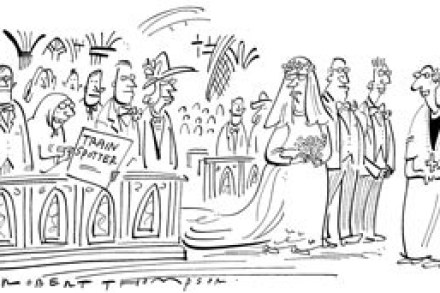Disgusted of Donegal
There is none of the lugubriousness of Angela’s Ashes in this memoir of an Irish childhood in the dim days of old, before the advent of the Celtic Tiger, but Patricia Craig had her problems. In 1959, because of the ‘corrupting influence’ of her misbehaviour, the Dominican nuns expelled her at the age of 16 from their convent school in Belfast, and she was barred from other Catholic schools in the neighbourhood of the Falls Road. Now a respected literary critic, anthologist and broadcaster, Craig reminisces in unequivocal prose that expresses a sturdy and benign temperament. In retaliation back then in Ireland’s medieval era in the middle of the 20th








